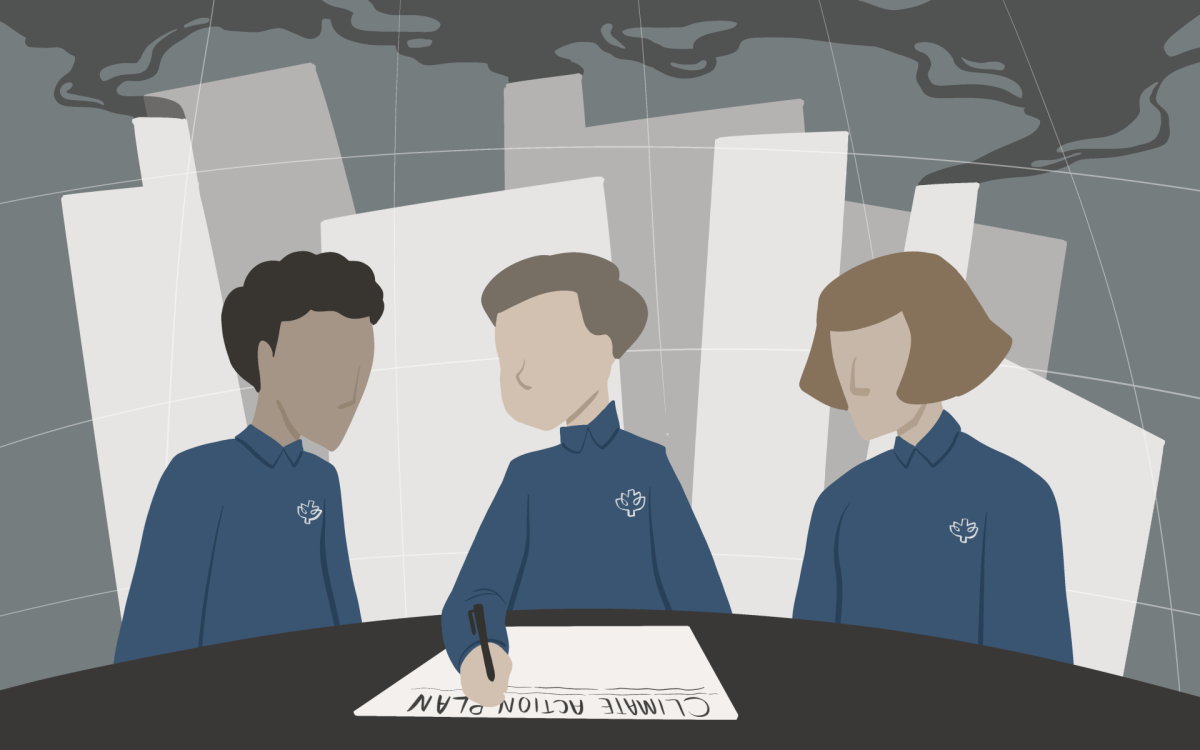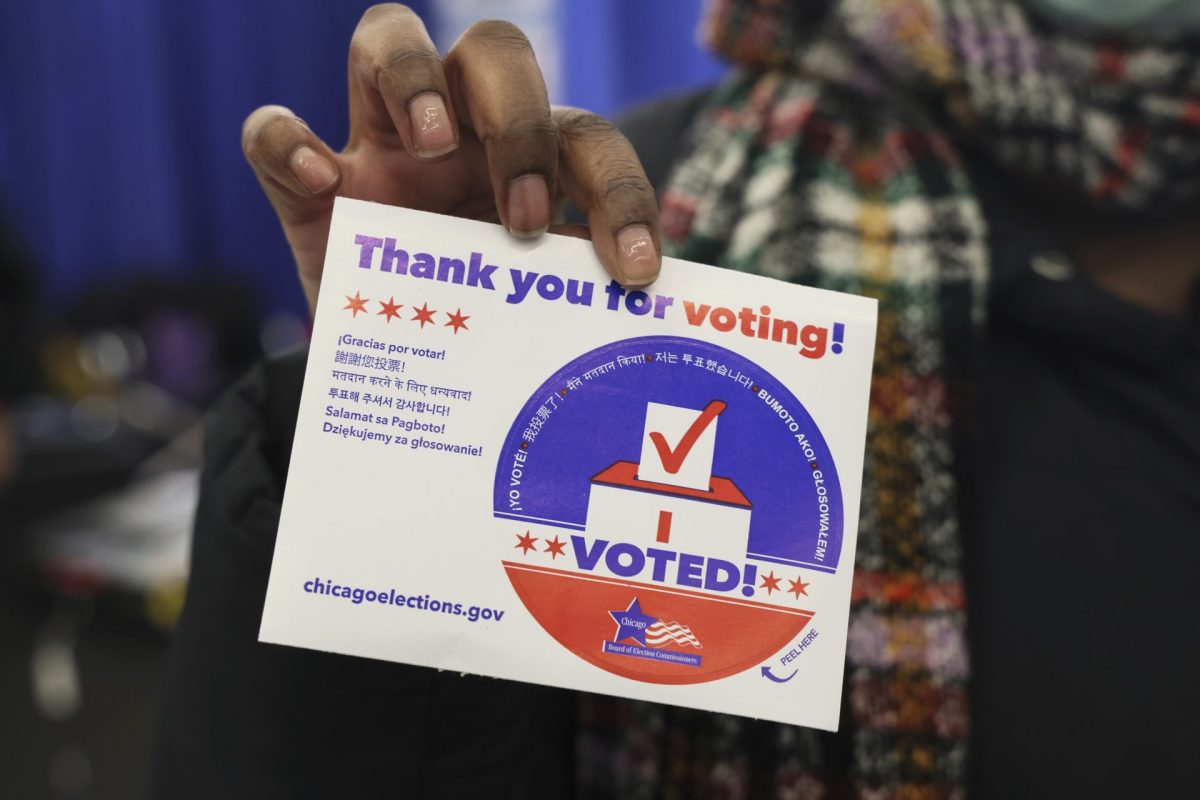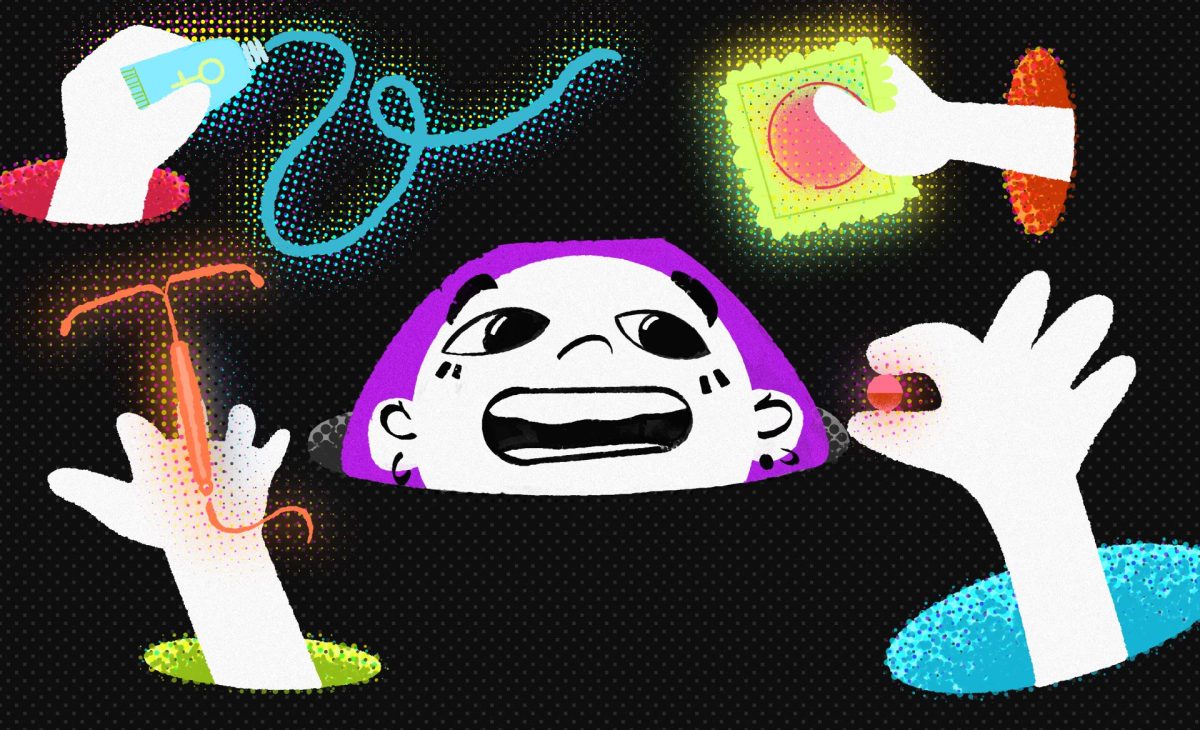It was once upon a time that the studying of tales ran deep in the hearts and minds of students at DePaul. “The Psychology of Fairy Tales,” an LAS reading and writing intensive class offered at Lincoln Park, studies fairy tales from a psychoanalytic perspective.
“A seminar is all about (participation),” Professor Guillemette Johnston, the instructor of this seminar style class said. “I want them to have their own opinion, and then read someone else’s point of view.” Johnston said that the class is more about comparing cultures, and the types of tales told from within certain regions of the world.
One tale, “Bluebeard,” is an argued French folk tale, which means it carried on in earlier times by word of mouth. Bruno Bettelheim, a psychoanalyst who studied in the Freudian theory, was one such man who argued the difference between a fairy tale and other tales. “For Bettelheim, fairy tales are not cautionary tales,” Johnston said. “A cautionary tale gives you a very explicit moral, a fairy tale is open to the mind of the listener or the reader.”
A cautionary tale seems to fit the premise for the story of Bluebeard. This tale, is in fact a story about a man with a blue beard, but that’s just the surface.
“He meets a family, and has a lot of money,” Johnston said. “The father wants one of his daughters to (Bluebeard).”
The story goes on to find Bluebeard testing his new wife for a spell. While leaving one day, Bluebeard gives his wife a set of keys. This keyset can open any door in his household, but one area is off limits to his newly wedded spouse.
“But of course, she’s going to open that door and the key is going to become bloody. And he’s going to want kill her,” Johnston said. “Except that the brothers of the sister come rescue her.” Johnston went on to say, per Bettelheim, no character development is what makes this a folktale.
Cinderella however, is one such story that fits the fairy tale category. “Cinderella, she goes from ashes to being a princess, but she had to face different things,” Johnston said. “The same thing with Snow White.”
Other tales, such as Little Red Riding Hood, have multiple versions. The earlier telling of this story was a tad bloodier than Walt Disney himself could handle.
“It can be gross, but the oral culture was a way of educating people,” Johnston said. As far as the wolf in little red riding hood, he didn’t end up on the good side of the story. At the end of this tale, a woodsman comes to rescue Little Red Riding Hood by opening the wolf’s stomach to find the young girl. According to Johnston, when we look at it in a symbolic way, this tale serves as a lesson in sex and death, and the notion that sometimes there will be blood.
“It sounds extraordinary,” Johnston said. “But when you read the history, violence and sexuality appear very much.”
Discussion of these types of stories fill the class in a variety of ways, “What is evil?” Johnston asked the fairy tale class. Evil is a topic introduced by Marie-Louis Von Franz, who was a Swiss scholar and an analytical psychologist. In her lifetime, she wrote many works, including the book the students were studying in class, “Shadow and Evil in Fairy Tales.”
A chapter from this book of tales, “Possession,” touches on the spirit.
“Franz talks about many types of ghosts,” Jadin Urban, a student in the course, said. “But the worst ones are the ones that hang themselves.” Ghosts have long found their way in fairy tales, but does that mean that we as people believe in them?
“I kind of believe in everything,” Joel Luciano, another student in Johnston’s class, said. “I feel like you can’t not believe until it has been disproven.” And while sometimes not seeing is believing, Luciano is waiting on tale in the class.
“My favorite story is Sinbad,” Luciano said. Luciano also said that he has read a lot, and stories from the Grimm Tales stood out to him.
Whether its ghosts or many levels of evil, the stories told abroad, and throughout the many centuries, find their way for discussion in this class. “Universal principles,” Johnston said. “Imagination is great, but imagination can also give you a misperception.”
Johnston also thinks her class is more important in today’s time than it was 15 years ago when she first started teaching about fairy tales told round the world.
“Now more than ever these classes are important,” Johnston said. “I am teaching about the concept of truth, of identity, the concept of difference. What is permanent? What’s the soul? What is ethics?”








